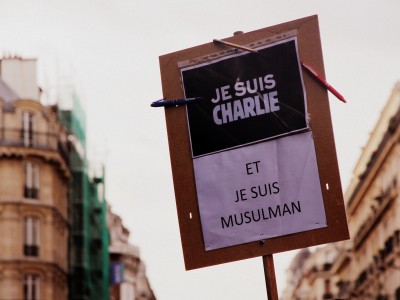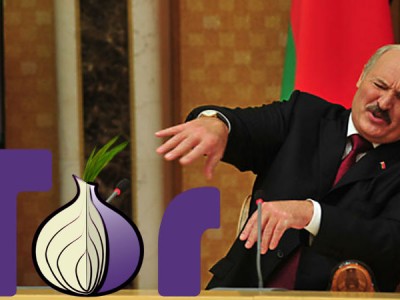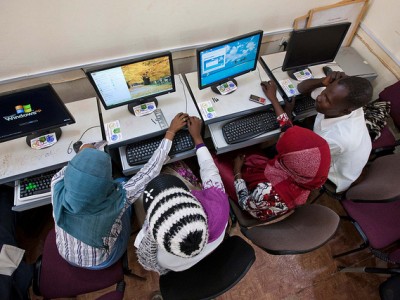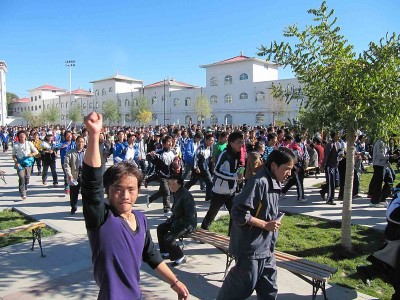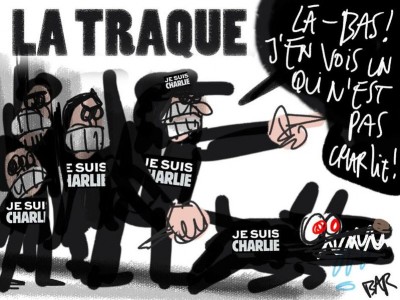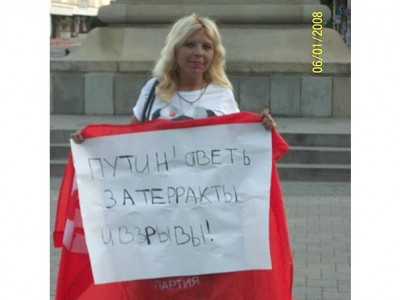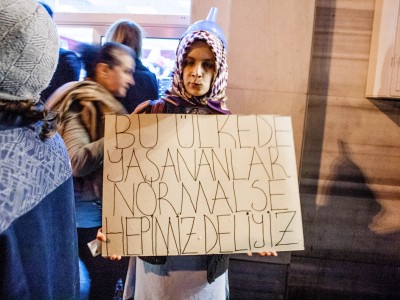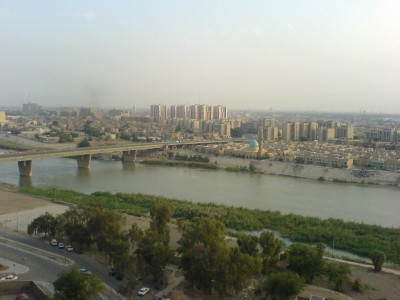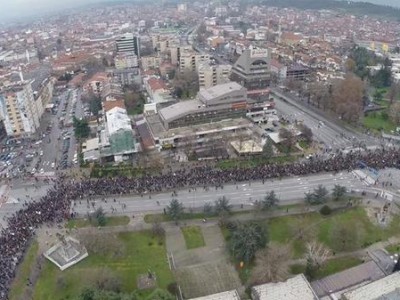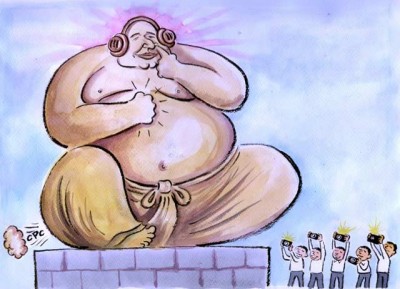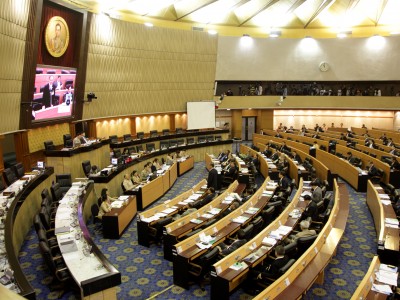Stories about Censorship from February, 2015
Digital Citizen 2.4
Digital Citizen is a biweekly review of news, policy, and research on human rights and technology in the Arab World. Last month, a horrific attack on the Paris offices of satirical magazine Charlie Hebdo sparked new conversations about free expression among media and online activists around the world. The reactions...
Belarus Bans Tor and Other Anonymizers
Belarus is banning anonymizers, typically used to circumvent government censorship and reach online resources banned inside the country, including many of the opposition websites.
The Dress Rehearsal for the Belarusian Crackdown
"Belaruskaya Pravda" chief editor Yuri Dubina says the recent crackdown in Belarus on independent online media is only "the dress rehearsal" before the presidential election this November.
US Government Eases Sanctions to Allow Export of Personal Communications Tools to Sudan
The US government has issued a general license amending sanctions on Sudan to allow the export of certain personal communications technologies.
Ali Abdulemam: ‘I Have Not Lost My Identity. I Am Bahraini.’
In late January, the government of Bahrain revoked the citizenship of blogger Ali Abdulemam, along with that of 71 other Bahrainis, many of them journalists and activists.
Netizen Report: Can Tibetan Users Trust Facebook?
Social media censorship continues in China, Bosnia and Herzegovina re-defines the Internet as "public space", and the UK outlaws revenge porn.
Twitter’s Transparency Report: Can It Help Hold Arab Governments to Account?
If Twitter is adhering to local laws, users should know which local laws are being invoked, both to collect the data and in the cases to which they are related.
The Western Hemisphere's Deadliest Country for Journalists
Mexico received the second lowest ranking (after Cuba) in the Americas on the World Press Freedom Index for in 2014.
Wave of Arrests in France for ‘Advocating Terrorism’ After Charlie Hebdo Attack
Since the attacks last January, over 100 criminal charges have been filed for terrorism advocacy in France, occasionally against minors, oftentimes for reasons that have little to do with the true fight against terrorism.
Russia Says You Can't Mention Ukrainian Nationalists, Unless You Say They're Bad
One permitted way to mention such organizations it to do so "in a negative light, ascribing them characteristics like 'radical,' 'extremist,' or 'nationalist.'"
In Putin's Russia, a Retweet Can Lead to a Jail Term
Even a retweet of an image or a republished post may cost Russian citizens unfettered access to the Internet—and often, their freedom.
Turkey Cites National Security as it Cranks Up Internet Controls
Courts offer citizens occasional protection from Ankara's vicious war on freedom of expression and privacy, so government is looking for laws that bypass them.
Is Iraq Restricting Speech on Facebook?
Local sources say escalating fights online among political parties and sects since last week's execution of Jordanian pilot Muath al-Kasasbeh may have led to the new policy.
Twitter's New Transparency Report Shows Massive Spike in Demands from Russia
"We went from having never received a request to receiving more than 100 requests for account information. We did not provide information in response to any," Twitter's report says.
‘We Need to Be Careful Even of What We Think': Self-Censorship in Venezuela
"Since the start of the protests, I had been mapping online censorship and helping people use encrypted communication tools. When the police came, I got up, scared to the bone."
Who Do We Lose with Internet Censorship and Control?
"Through Internet censorship and control we lose an ability to be our own secret human – the one we are when nobody is around."
The Macedonian Government Clamps Down on Filming Protests With Drones
Drone-made videos and photos were instrumental in demonstrating the size of a recent massive student protest, which has been called the largest student protest in Macedonia since independence.
The Collapse of Media Freedom in Bulgaria
The state of media freedom has progressively worsened in Bulgaria in recent years. In 2014 the country plunged 13 places on the Reporters Without Borders' World Press Freedom Index.
Thailand’s Digital Economy Bills Could Worsen Media Repression
Some civil society organizations are calling the draft digital economy bills “national security bills in disguise” because of their repressive provisions.

